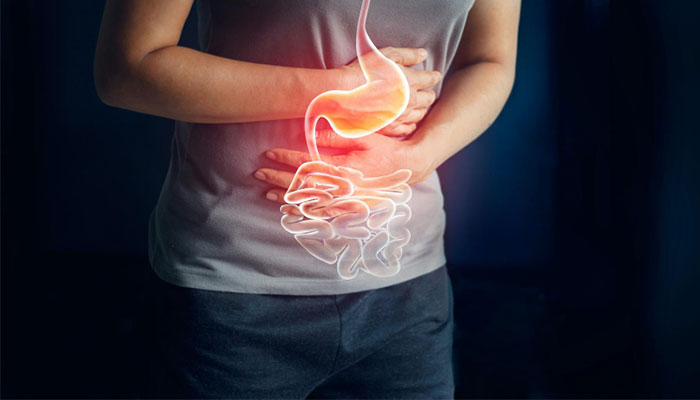Peptic Ulcers
Introduction Peptic ulcers occur due to the erosion of the mucous lining in the stomach or duodenum, which allows gastric acid and digestive enzymes to seep and erode the inner lining of the stomach and duodenum. Common types of peptic ulcers include: Gastric ulcer: It occurs within the lining of the stomach. Duodenal ulcer: It […]






